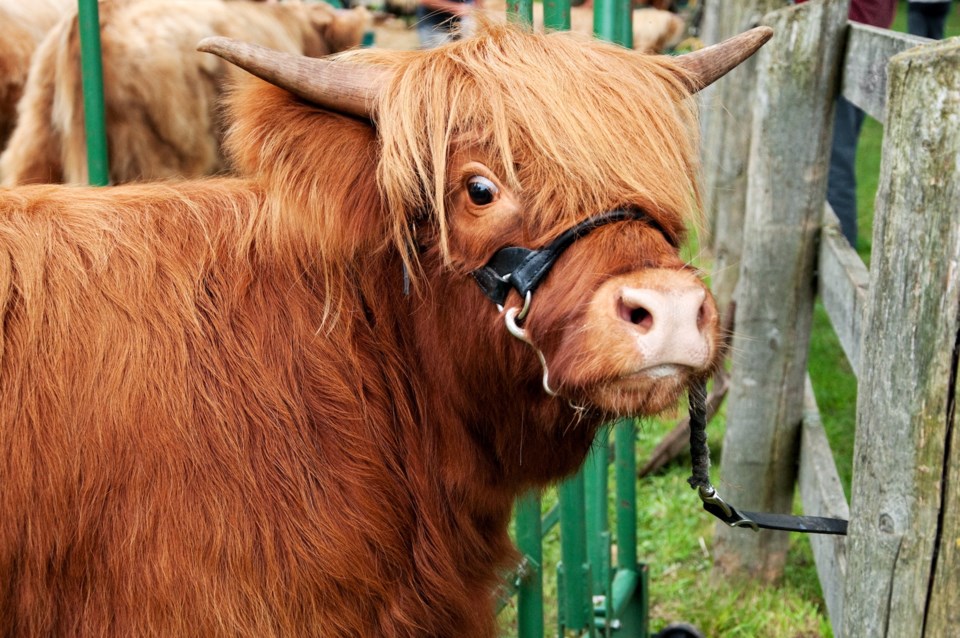GuelphToday received the following letter to the editor from reader Diane Zinger in response to an earlier letter about animal agriculture.
I'm afraid Mr Steckle is very naive. To actually think that eliminating animal agriculture...dairy, beef, pork, poultry, goats, sheep and we can't forget mink, and re-train our farmers to grow food crops is the best solution to stopping the unnecessary mutilation of our domestic animals and conserve water and the land and create this vast utopia that these vegan loving people are all looking for.
Unfortunately, this sort of utopia is unattainable. In our area, beef is the the crop most widely grown, the land is very inhospitable, rock left from the the retreating glaciers has left the land virtually unusable as far as crops goes. You might find a bit of acreage to plant hay to harvest to keep your cattle fed over the winter months, but that is about it. Unless you go a little further south into the "clay belt" where there are crops grown, winter wheat, soy and white beans, canola and CORN. Lots and lots of corn.
This corn is harvested and loaded into an elevator for drying, and once dried is shipped by very large tractor trailers to various feed mills for processing. Not all is processed into feed for livestock, some goes into your precious pups kibble. Soy beans usually end up on an ocean going freighter bound for Europe and white beans, even though a pain to plant and harvest end up going to mills for processing for human consumption. We won't even talk about the cost of equipment; combines and buggies, seed drills and fertilizer conveyors, tractors, cultivators, bailers. Tracks for 1 John Deere tractor are $45,000...just imagine the cost of the tractor itself.
I've been around enough farms of different sorts to know a little about what I speak. My husband actually works as the grain farmers truck driver. The grain farmer's father raises beef cattle, I actually was in 4-H calf club and had a couple of Holstein heifers to train and show at our achievement days.
Many dairy farmers I know have smaller operations, maybe 50-100 cows, and their animals are well cared for. You seem to forget that there are a great deal of "feeder" industries that are directly affected, the milk transports, the dairy system people that install and maintain the equipment. The employees at the processing facilities. 100 year old creameries making butter, what do you propose to do with them?
I'm sure Gay Lea, Saputo, Neilson's and Organic Meadow may have some input on how this is to be managed and how they are going to break the news to their employees that the will no longer be producing milk and milk products. Oh, while you are at it, maybe trundle up Victoria Road and tell United Breeders that they might as well close down, their services will no longer be required since we won't working to create new and better cattle. Don't ask what my views are on other topics, I've been around for over 60 years and have learned a thing or two. Our family farms, many have disappeared, but they are still with us, and this is how they make a living and support their families, have done for more than 100 years. I'd hate to see your "plan" come to fruition.
Diane Zinger



